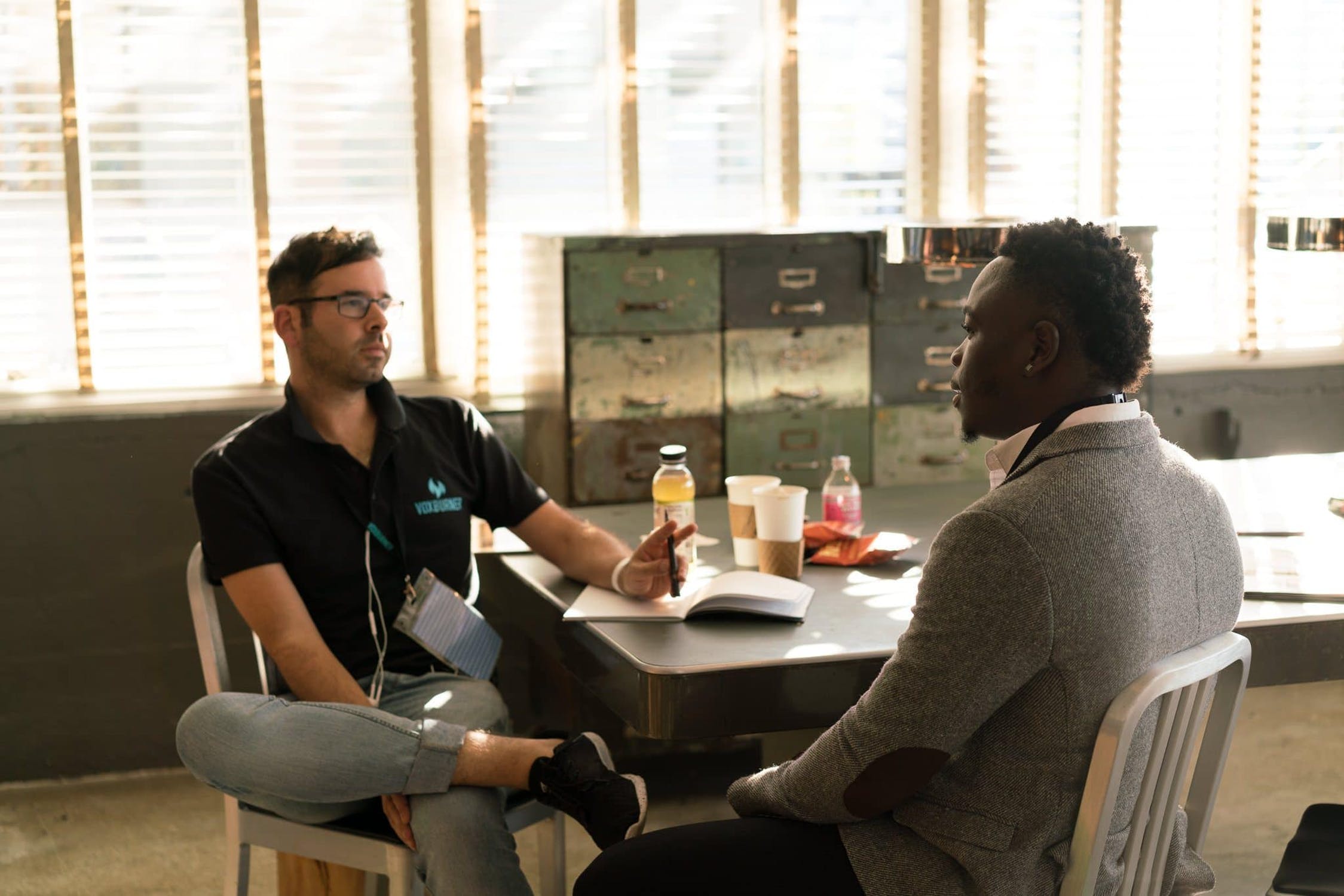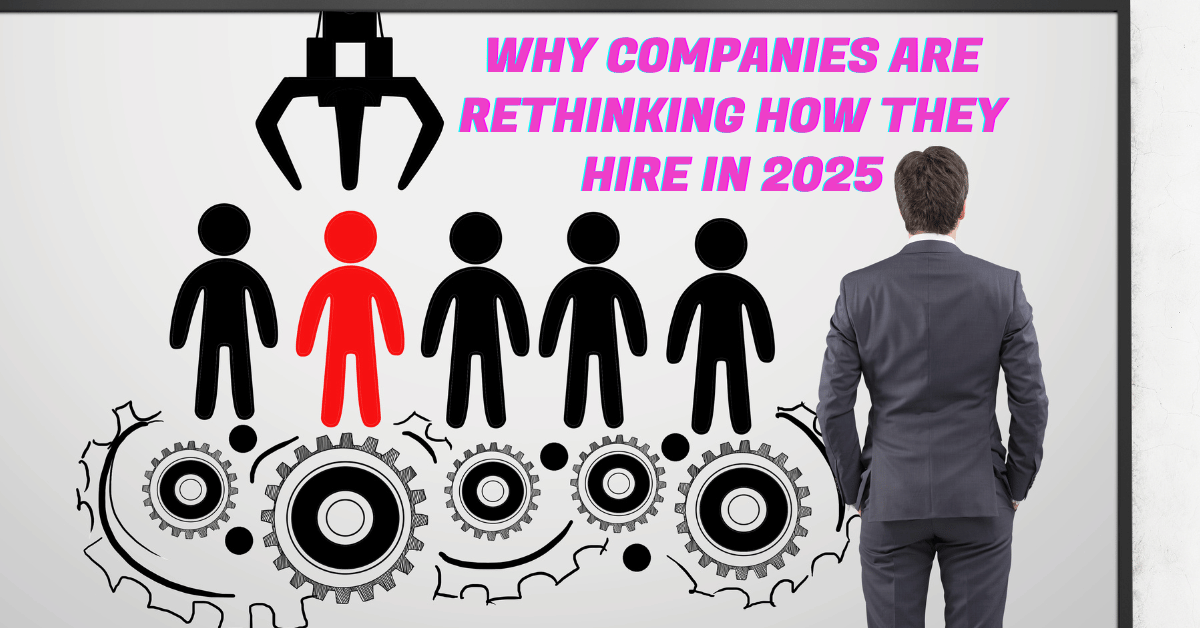The interview process has a purpose. Otherwise, we would simply hire people from their resume, right? Companies need to validate a candidate’s skillset and qualifications for the position, first and foremost. They also need to get to know the candidate on a personal level: what their goals are and how they would work with the existing team.
That’s all fine and dandy, and candidates have similar goals when getting to know their potential employer.
But do all companies execute this process effectively? Absolutely not.
There are a few reoccurring themes from job applicants that we tend to see when it comes to interviewing for a job:
The hiring process is too long
Ask almost anyone on the planet and the consensus will be that time is one of the most precious commodities we have and something we cannot get back. The issue is whether you are interviewing an intern or a director, people are busy and more than likely employed. They don’t have the luxury (or probably desire, to be honest) to go through 6-10 rounds of interviews, a test, and a working interview. That’s not realistic and frankly not effective.
Ultimately, a long interview process will result in you LOSING CANDIDATES. When someone is job hunting, they will stack themselves with interviews that are probably very competitive to yours. If Company A completes an interview process in 3 rounds and yours has 7, your unicorn candidate will be well into their second week of work elsewhere before you even get a chance to extend an offer. DON’T LET GOOD CANDIDATES SLIP AWAY.
The interviews were unorganized
Far too often we hear feedback that the interview process was unclear or not organized well. Candidates spending several hours meeting with different managers, only to answer the same 3 antiquated interview questions each time. The interviewers are not communicating with each other or sharing any insights. The one person you were supposed to meet isn’t even there. No one knows if this is the last interview or not. As a candidate, it gets confusing and frustrating when there are unclear expectations.
The interviewer was not engaged or prepared
As a hiring manager, you are responsible for being just as prepared for the interview as the candidate. If you show up 10 minutes late, have zero questions prepared, or even worse, are not educated on the role you are conducting the interview for, the entire experience will be a waste of time for both parties. I’ve heard about times when interviewers were so checked out of the interview that the candidate felt guilty for being there. Would you want to feel that way?
The solution
You need to be thorough in your candidate evaluation, no question. But as a team, you need to collaborate with the appropriate departments and put together a tailored and intentional interview process. Depending on what type of role you’re hiring for, it should not exceed four or five interviews max, and that being for a leadership role. Trim out the unnecessary quizzes, quirky scenario questions, and comply a list of strong and purposeful topics to discuss with the candidate. Guessing how many ducks are in the US isn’t going to determine if you’re good at marketing…
Departments and interviewers need to share notes after the interview and compare their individual experiences. This is going to eliminate repeat questions, hidden “gut feelings” about the candidate, and help get down to the core of what remaining things need to be evaluated.
Be engaged in the process! This should be a fun and exciting time for you and your team. Make the candidate feel welcome and validate why they scheduled this interview in the first place.
An interview process shouldn’t be a rigid, boring process. Innovate it to fit your company’s style and make it work for you. Don’t feel obligated to ask or do certain things. Ultimately, this is all just a means to finding your next rockstar so make it simple and fun!



